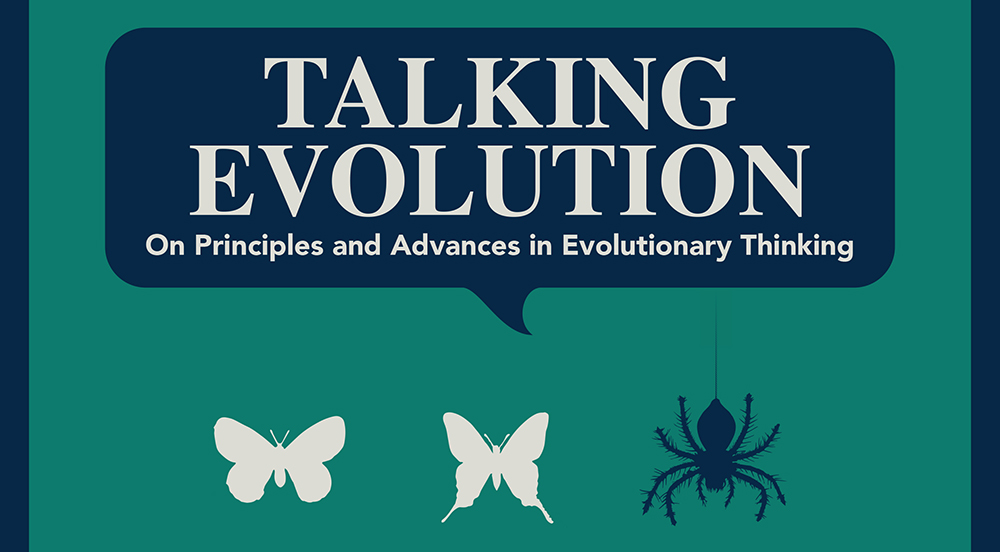Speaker
Description
Much discussion has recently arisen in relation to the Extended Evolutionary Synthesis to the effect that the Weismann barrier between germ and soma may at times be effectively trespassed by processes of trans-generational epigenetic inheritance and non-genetic inheritance. This is extremely significant as the strict separation between soma and germ and thus the prohibition of the Inheritance of Acquired Characteristics represents one of the most salient features of the account of evolution proposed by the architects of the modern synthesis in the first half of the 20th Century. A relevant wealth of research in very many different areas of epigenetics, niche construction and ecological inheritance theory and evo-devo shows, however, that cases in which this separation fails to hold do constitute the norm rather than the exception in many biological contexts. This seems to entail that our traditional view of evolution should be made broad enough so to accommodate the effects of phenotypic flexibility and behavior on the direction of evolutionary change. This paper addresses current research on cultural evolution and genetic accommodation with a view to showing that cultural trans-generational inheritance while being way more broadly prevalent across many animal species than it was once thought, signals one relevant way for heredity to take place in manners not quite contemplated by the modern synthesis. Taking a look at human (and more generally animal) cultures by using critically some ideas developed by Ernst Cassirer´s philosophy of culture I will show how symbols and symbolic activity are regularly intertwined in the very process by which adaptive traits are transmitted on to the next generations of individuals. The paper will show that this is especially the case when it comes to processes of co-evolution in which both humans and other biological species are involved. The point will be advanced that such co-evolutionary scenarios far from representing marginal and relatively unimportant footnotes in current Evolutionary Biology, are actually becoming rampant within the biosphere after the advent of the Anthropocene. Secondly, I will also argue that even in other cases where behavior can hardly be interpreted as genuinely symbolic, it is still possible to show that animal cultures and traditions do mediate in the process by which biological individuals do pass information on to their offspring. To be sure, this is not to say that the gen´s eye view of evolution is plainly false but certainly helps understand the extent to which some processes in evolution require an inversion in the direction of the causal arrow. If so, this would entail not only that our traditional view of evolution is in dire need of a rethink but that our more general distinction between natural and cultural sciences ought to be reconsidered in a new and more multidimensional light as well. To put it succinctly: while the relationship between evolution and culture has often been regarded as one where evolution explains culture off, what the new strands in biological thinking show aplenty is that both evolution and culture ought to be thought as causally interacting with each other.

